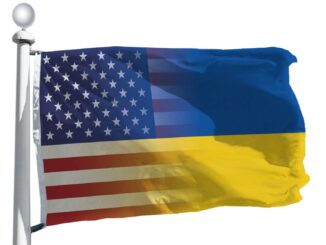
After a couple of years of mask-wearing, social distancing and hand sanitising, the common cold is back. And – according to some people – back with a vengeance.
Some are calling it a “super cold” – others, “the worst cold ever”. Fortunately, there may be a way to reduce the duration of a cold: vitamin D supplements. We may suffer more common colds during the winter because we spend more time close to each other indoors. But vitamin D levels might also influence the risk of getting a cold. There are more colds during winter when vitamin D levels are lowest, and fewer colds during summer when vitamin D levels are highest.
We get most of our vitamin D from the sun’s rays (80-100 per cent) and only a small amount from our diet. For people living at latitudes above 30 degrees, such as in the UK, there is a higher risk of having low vitamin D levels (vitamin D insufficiency) in the winter.
People who spend most of their time indoors, or with their skin covered, are also at a higher risk of vitamin D insufficiency. More than half of the UK population is considered to have insufficient vitamin D levels in winter.
In the UK, the sun’s rays are too weak to provide enough vitamin D between October and March. This means that from October until March, people’s vitamin D levels are likely to fall.
Research shows that vitamin D influences the risk of catching common colds and other respiratory infections. People with lower vitamin D levels are more likely to have a common cold, and people supplemented with vitamin D are less likely to get a common cold.
As well as reducing the chance of getting a common cold, our recent research shows that vitamin D supplementation reduces the severity and duration of common colds.
First, we found that vitamin D-sufficient military recruits were less likely to have a common cold than vitamin D-insufficient recruits during 12 weeks of basic military training.





Be the first to comment